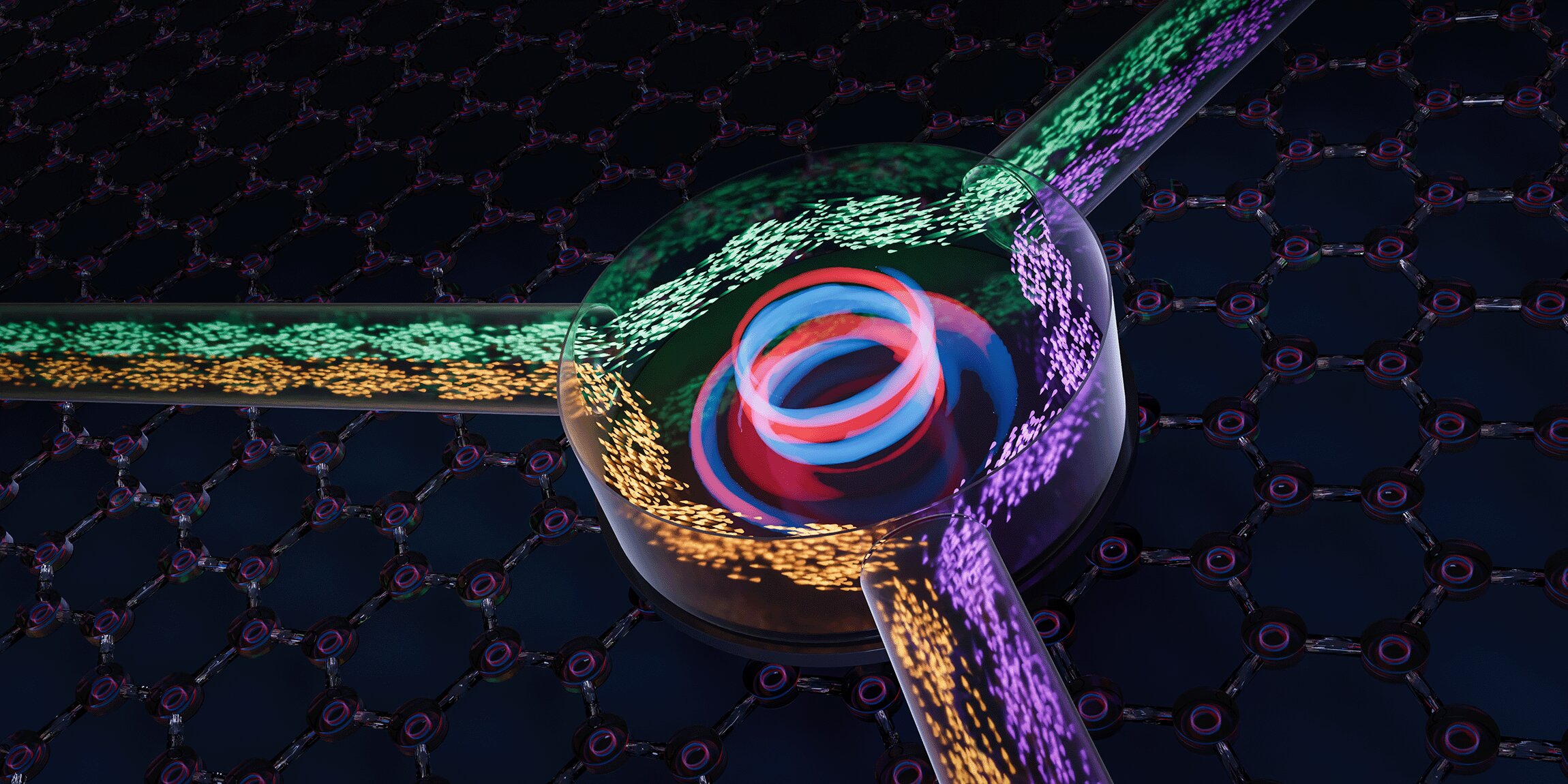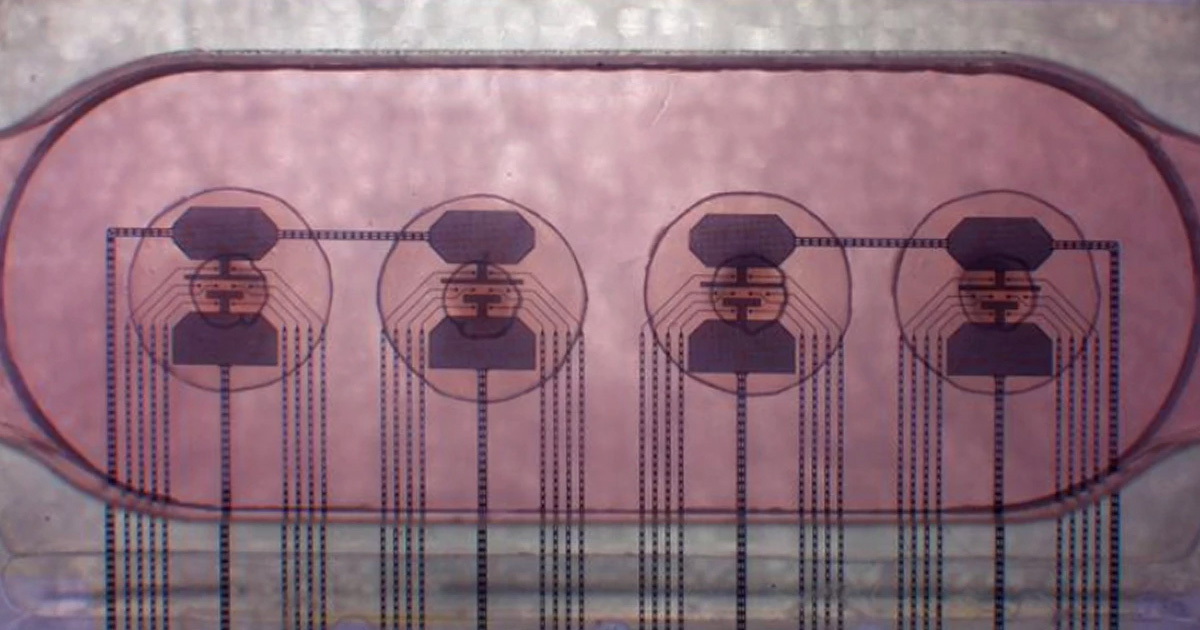
The collapse of the Swiss Birch glacier serves as a chilling warning of the escalating dangers faced by communities worldwide living under the shadow of fragile ice, particularly in Asia, experts say.

Switzerland is leading the way in clean energy with a world-first project: the installation of removable solar panels on active railway tracks.

Researchers at ETH Zurich have managed to make sound waves travel only in one direction. In the future, this method could also be used in technical applications with electromagnetic waves.

A startup in Switzerland has built a unique computer processor made from 16 tiny brains made from human tissue, basically a living computer.

Researchers from the University of Zurich and Intel have announced the creation of a unique autonomous unmanned system called Swift. It is powered by artificial intelligence and is capable of outperforming humans in FPV drone race.

The number of people who are talking about fossil fuels as a real concern has increased dramatically over the last 12 to 24 months. Awareness of these issue may be growing, but global emissions are continuing to rise.

Swiss scientists have developed an ultra-light glove - weighing less than 8 grams per finger - that enables users to feel and manipulate virtual objects. Their system provides extremely realistic haptic feedback.

Radiofrequency electromagnetic fields may have adverse effects on the development of memory performance of specific brain regions exposed during mobile phone use, suggests a recent Swiss study.

Scientists in Basel, Switzerland, have created an artificial tissue that mimics some of the biological properties of natural bone marrow niches and can support stem and progenitor cell replication over several days.

Swiss government officials signed a sweeping animal welfare bill that will take effect in March. The new legislation prohibits the practice of killing lobsters by boiling them alive.

They’re designed to kill cancer cells, and they kill themselves in the process.

Swiss robot ANYmal have been taught to do all kinds of helpful things all by itself, such as unplugging itself from a charge, climbing up slight ledges, and most recently, working an elevator.

If deployed at scale, the technology behind this could make a big difference in charting a better climate future—capturing CO2 and locking it away underground before it can add to the growing greenhouse effect.
A 494-meter-long, 85-meter-high pedestrian bridge was inaugurated on Saturday in southern Switzerland.

Researchers from Zurich University plan to use giant robots and 3D printers to build “the first house in the world to be designed, planned and built using predominantly digital processes.”